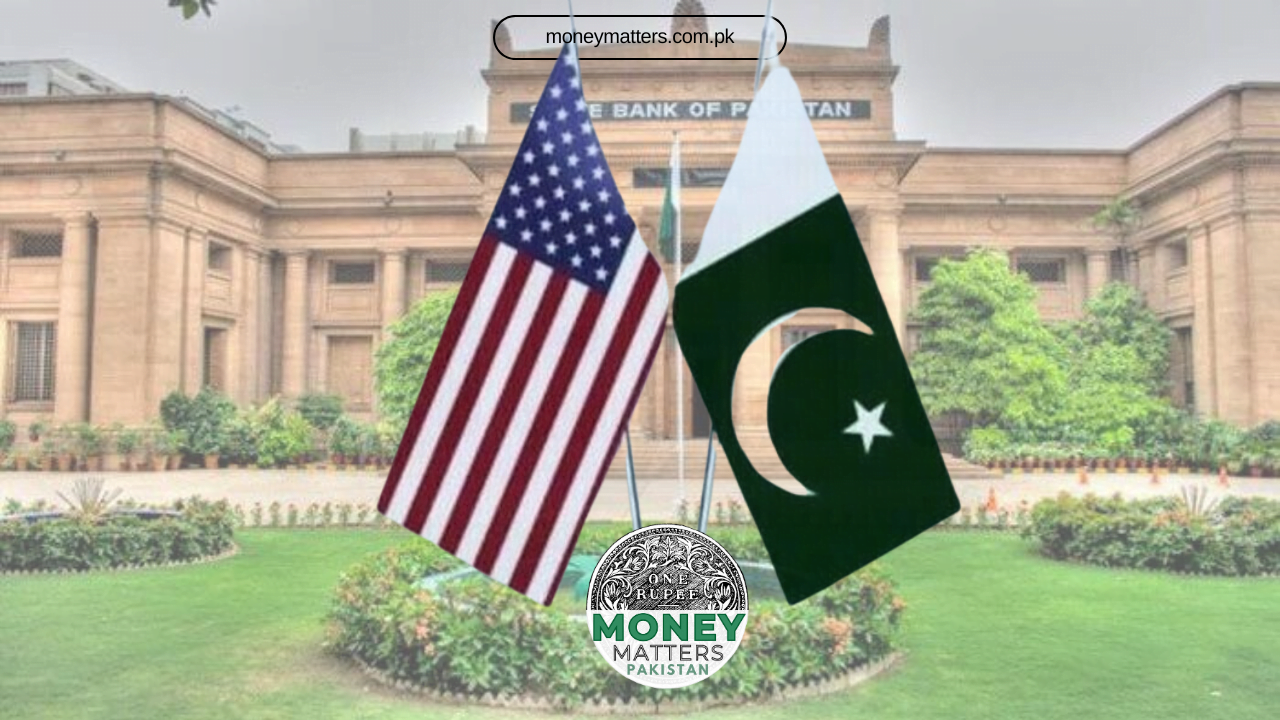Key Takeaways:
– U.S. Assistant Secretary of State declares China’s investment era in Pakistan over, with the U.S. as the future partner.
– Criticism of China’s investment strategy in Pakistan, highlighting high-interest loans and lack of local benefits.
– The U.S. aims to strengthen democracy, fight terrorism, and support economic reforms in Pakistan.
Shift in Investment Strategy
Assistant Secretary of State for South and Central Asia, Donald Lu, announced during a Congressional hearing that the era of Chinese investments in Pakistan is over, asserting that the U.S. represents the future of investments in the region.
Criticism of Chinese Investment Model
Lu criticized China’s investment approach in Pakistan and other South and Central Asian countries, noting that Chinese projects often involve high-interest loans and Chinese workers rather than benefiting local communities. He highlighted that China’s focus on resource extraction and lack of local investment is counterproductive.
Current Investment Climate
Lu mentioned that China has invested around $26 billion in Pakistan but is now hesitant to invest further due to concerns about financial returns. He contrasted this with the U.S. strategy, which aims to offer countries alternatives to Chinese investments.
U.S. Investment Focus
Congressman Rich McCormick raised concerns about China’s extensive investments in the region, particularly through the China-Pakistan Economic Corridor (CPEC), which has given China significant influence over Pakistan. Lu acknowledged these challenges but emphasized the U.S. commitment to strengthening its position in Pakistan through targeted investments.
Lu mentioned that China has invested around $26 billion in Pakistan but is now hesitant to invest further due to concerns about financial returns. He contrasted this with the U.S. strategy, which aims to offer countries alternatives to Chinese investments.
Future U.S. Initiatives
The U.S. plans to use its $101 million budget for Pakistan to support democracy, fight terrorism, and aid economic reforms. This is intended to stabilize Pakistan’s economy and reduce its dependence on China.




